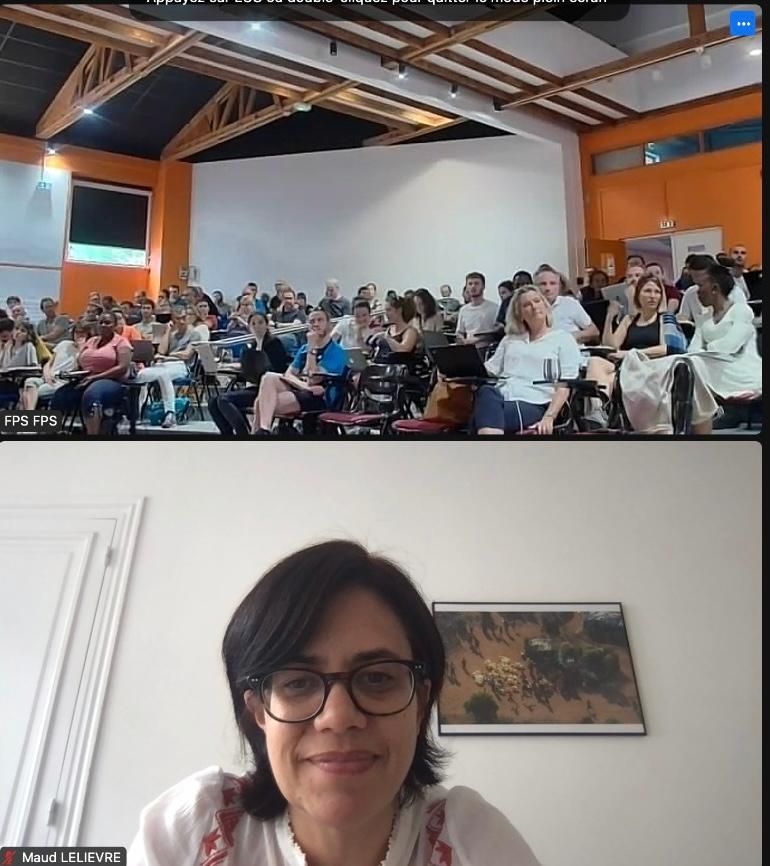
I recently had the opportunity to meet sports professionals at the CREPS in Poitiers, an enriching experience that enabled me to gauge the importance of the role they play in the ecological transition. This meeting was an opportunity to discuss current environmental issues and to reflect on the ways in which the sports sector can contribute to a sustainable transformation of our practices.
Adapting sports practices to reduce their environmental impact
At a time when ecological awareness is becoming a global priority, it is imperative to rethink sporting practices to make them more respectful of the environment. Sports activities, while beneficial to health and well-being, have a significant ecological impact. This can include the carbon footprint of travelling to competitions, the use of natural resources to maintain sports facilities, and the production and disposal of sports equipment.
Sports professionals, with their expertise and influence, are at the forefront of initiating this change. During our discussions, it became clear that they are aware of their responsibility and that they are ready to take concrete steps to raise the awareness of sports federations. Their role is not only to adopt greener practices in their own field, but also to promote these ideas within their respective organisations. It is through this collective commitment that we can see a substantial change in practices across the sporting sector.
Extended Producer Responsibility: Towards a Circular Economy in Sport
Another focal point of our discussion was the introduction of new Extended Producer Responsibility (EPR) schemes for used sports equipment. These initiatives aim to recycle and reuse sports equipment that would otherwise end up in landfill. The idea is to give these objects a second life, either by recycling the materials or by donating them to associations that need them.
This circular approach is a major step forward for the sports sector, which has traditionally focused on mass consumption and the constant renewal of equipment. By encouraging re-use and facilitating recycling, we can reduce the ecological footprint of sport while supporting solidarity initiatives. Partnerships with associations are essential to ensure that this equipment finds a new use, bringing both environmental and social benefits.
Essential collaboration for ecological transition
This meeting at the CREPS in Poitiers has reinforced my conviction that every individual, every sector of activity and every organisation can play an essential role in the national ecological transition.The commitment of sports professionals is invaluable, and I look forward to seeing how we can continue to work together to advance this cause.
There is still a long way to go towards a more sustainable future, but with the involvement of everyone, including those in the sporting world, we can hope to see significant changes. By adapting sporting practices, encouraging extended producer responsibility and promoting a circular approach, we are taking concrete steps towards a future that is more respectful of our planet.
The ecological transition is not just a matter for public policy or big business, but also for local and sectoral initiatives.Every action counts, and together we can build a greener, more caring future.
Comments are closed